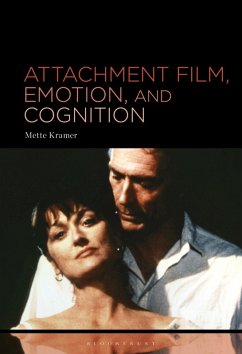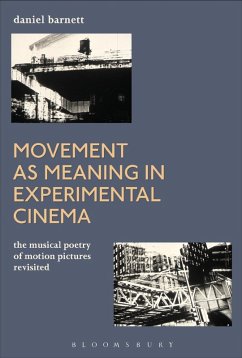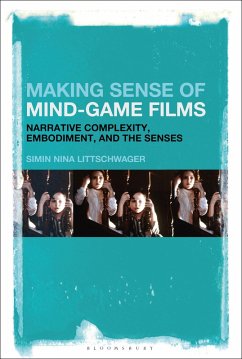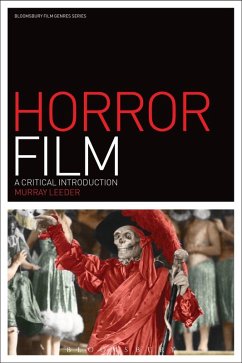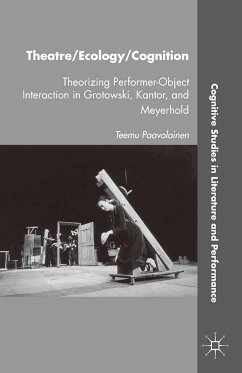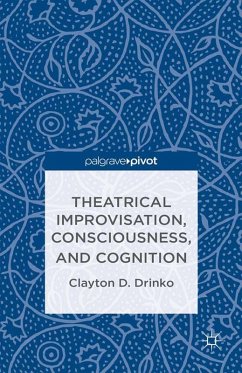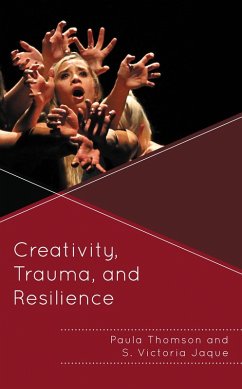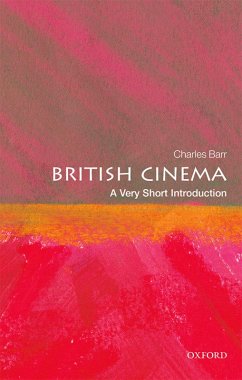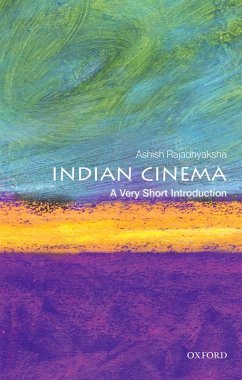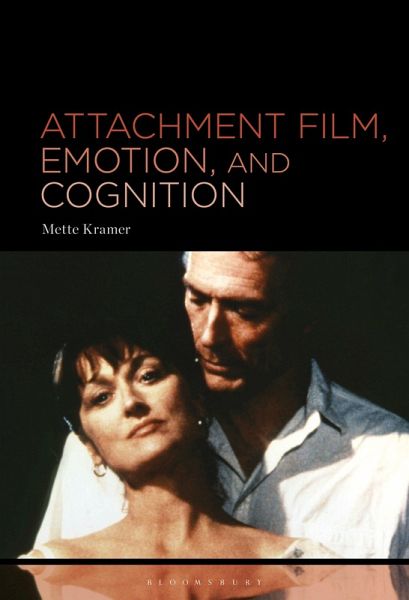
Attachment Film, Emotion, and Cognition (eBook, PDF)
Versandkostenfrei!
Sofort per Download lieferbar
62,95 €
inkl. MwSt.
Weitere Ausgaben:

PAYBACK Punkte
31 °P sammeln!
Attachment Film, Emotion, and Cognition is a bold intervention that seeks to center the bodily and affective dimensions of film traditionally regarded as "feminine". The author uses attachment theory in an interdisciplinary framework with an emphasis on biology and a species-based understanding of pro-social behavior to approach films about attachment motivations. By blending affective and cognitive neuroscience research with tendencies deeply embedded in the humanities, this book makes a major contribution to the field of cognitive film theory. The focus on attachment theory also makes a meta...
Attachment Film, Emotion, and Cognition is a bold intervention that seeks to center the bodily and affective dimensions of film traditionally regarded as "feminine". The author uses attachment theory in an interdisciplinary framework with an emphasis on biology and a species-based understanding of pro-social behavior to approach films about attachment motivations. By blending affective and cognitive neuroscience research with tendencies deeply embedded in the humanities, this book makes a major contribution to the field of cognitive film theory. The focus on attachment theory also makes a meta-generic address via its focus on romance and melodrama that makes it useful for other narratives that overlap affective and generic boundaries. The book presents a model of attachment-film experiences with its inbuilt shifts in affective and cognitive regulative processes and makes an ambitious case for how engagement with attachment film viewing can be understood from both a universal and an individual perspective.




